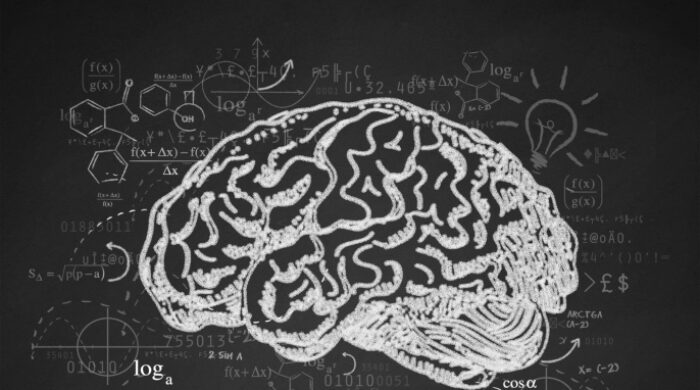Your brain is your most powerful organ, yet it weighs in at just over three pounds. It controls thinking, bodily functions, physical capacity, emotions, and memory.
The cerebrum fills most of your skull, and is responsible for memory, problem solving, emotions, and movement. The cerebellum, at the back of your head, controls coordination and balance. Finally, the brain stem sits beneath your cerebrum and connects the brain to the spinal cord, controlling your automatic function, such as breathing, digestion, and heart. The brain is the seat of all of your psychological and mental processes, the source of what makes you YOU.
Seeing that our brain is truly the life source of our bodies, we should make every effort to keep our brain fit, young, and healthy!
Exercise and brain health
Despite what people think, daily brain exercise actually is hugely important in preserving your full cognitive function for as long as possible. Just ask your family doctor next time you’re in for an appointment!
As we age, our brain shrinks in size, particularly the frontal cortex which is responsible for much of our memory. Keeping your brain sharp with exercises can help to slow the shrinking of your brain and keep all those synapses firing correctly!
Ways to exercise your brain
Reading: Reading is good brain practice for honing your ability to focus and think, in addition to learning new ideas, words, and concepts. Reading is one of the best ways to keep your brain young and going strong. Read novels, newspapers, autobiographies, blogs, and historical or scientific textbooks. Whatever you are interested in, there are plenty of books on the subject!
Puzzles: Performing puzzles, crosswords, or actively using your problem solving part of your brain will help you keep the vitality of your brain high. You could even generate new brain cells as you learn and store up your gray matter vaults of wisdom. Puzzles keep your motor skills and observational skills going and promote greater connections throughout your brain.
Brain games: Some of the simplest games are those that we learned when we were young. Take fifteen minutes each day to complete a sheet of basic math problems or to diagram a sentence.
Storytelling: If you have grandkids or children down the street that love to hear stories, give in and tell them any story they’d like to hear. Make them up or talk about your childhood. Creativity and interaction between your left and right sides of the brain will be activated, and the hippocampus will have to reach back into its files to pull up old memories. Storytelling aids concentration, emotional recall, and memory.
Brain training programs: There are now brain training programs that you can sign up for online to help hone your thinking skills. These programs will track your progress for you, as you better your memory, focus, response time, ability to multi-task and more. The games used are fun to play and you will be able to watch yourself improve in areas that you’ve selected to better.
Take classes: Many community colleges and adult education centers offer plenty of fun classes for seniors to enjoy, from water color painting and pottery to computer skills and even water aerobics. Not only will you have fun learning, but you will also have the opportunity to make new friends!
Have a hobby: Gardening, woodworking, bird watching, restoring old cars, travelling—hobbies are as endless as our interests. Engage in what activities you enjoy most on a regular basis. This will keep your spirits up and your brain firing on all cylinders!
Shake things up: Even silly things such as eating or brushing your teeth with your non-dominant hand can make your brain work harder and stay in shape. Eat with your eyes closed. Sit in a different chair in your house. Take a walk through a new park. Drive a different route on your way to work. All these activities will activate and engage your brain in new ways, just like trying new exercises works new muscles in your body.
Get support from a healthcare provider
If you’ve been feeling that your brain just isn’t working as well as it used to, or if you have a family history of dementia or Alzheimer’s, see your WWMG primary care provider for an evaluation. Your provider can be an excellent resource for those struggling with depression or lack of social or emotional engagement, in addition to those struggling with aging or a death of a loved one. They will be able to assist you and your wonderful, powerful brain, restoring both to healthy, happy functionality!
